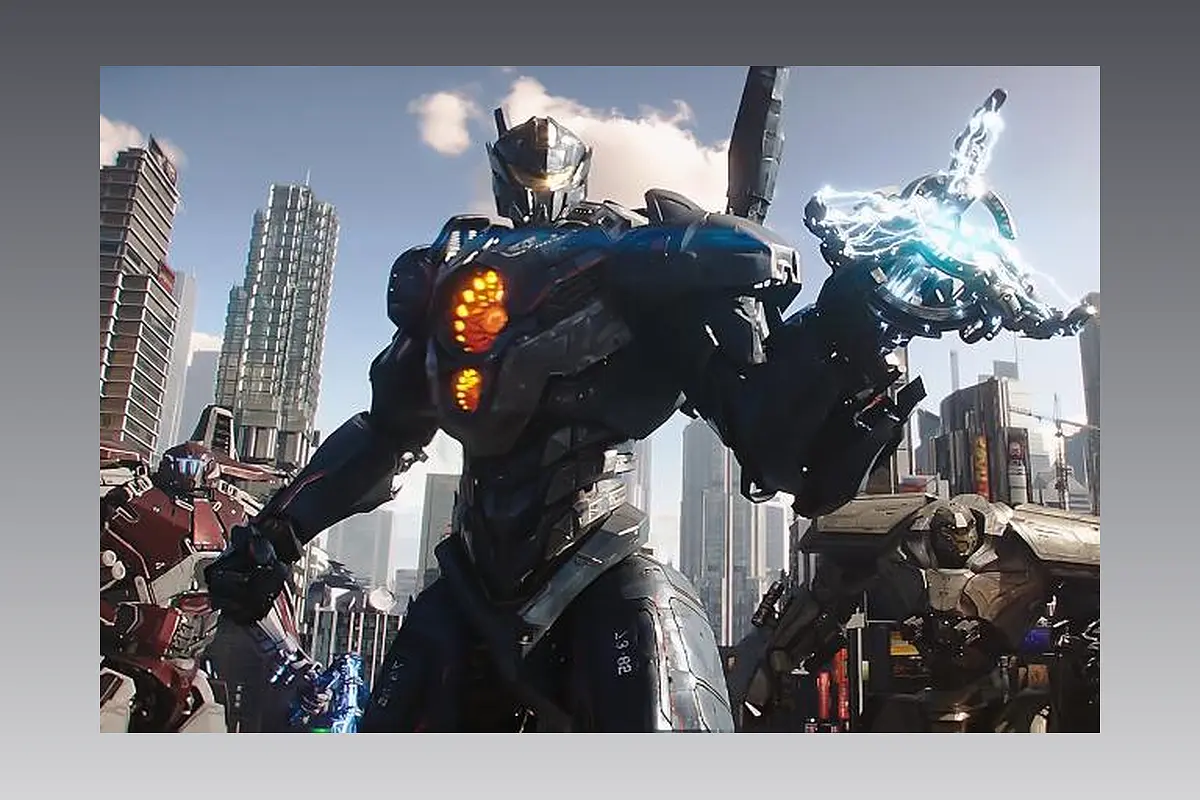Big blockbuster movies may seem glamorous, but behind the scenes, they can be just as mundane as any other job. In this article, we delve into the fascinating story of how acclaimed director Guillermo Del Toro's decision to pass on directing the sequel to Pacific Rim was influenced by a seemingly minor clerical error. Join me, Jessica Brown, as we explore the unexpected twists and turns of the film industry.
The Unforeseen Obstacle: A Clerical Error
Discover how a simple clerical error led to a major change in plans for Guillermo Del Toro's directorial involvement in the Pacific Rim sequel.
In the fast-paced world of filmmaking, even the smallest details can have significant consequences. In the case of Guillermo Del Toro's decision not to direct the sequel to his hit film Pacific Rim, it all came down to a clerical error. Del Toro reveals that a missed deadline for a deposit on the stages in Toronto resulted in the loss of the filming location, forcing a change in plans.
Del Toro's attention to detail and commitment to his vision is evident in his dedication to securing the stages for the film. This unexpected obstacle highlights the importance of careful planning and organization in the film industry, where even a seemingly minor mistake can have far-reaching implications.
From Toronto to China: A Shift in Location
Explore how the loss of the stages in Toronto led to a change in filming location for the Pacific Rim sequel.
With the stages in Toronto no longer available, the production team had to quickly find an alternative location to shoot the Pacific Rim sequel. The solution? China. Del Toro recalls his surprise when he was informed of the new plan, emphasizing the sudden shift in the filmmaking process.
The change in location not only presented logistical challenges but also had creative implications for the film. The shift from Toronto to China brought about a different atmosphere and cultural backdrop, adding a new layer of complexity to the story. It was a significant adjustment for the entire team involved in the production.
Passing the Torch: Del Toro's Departure
Learn why Guillermo Del Toro ultimately decided not to direct the Pacific Rim sequel and how Steven DeKnight took over the helm.
Despite his initial plans to direct the Pacific Rim sequel, Del Toro's departure from the project was inevitable due to the change in filming location. The director humorously recounts his reaction to being told that the film would now be shot in China, realizing that he would not be able to juggle two directing responsibilities simultaneously.
As a result, Steven DeKnight, known for his work on the television series Spartacus, stepped in to take over the directorial duties. While the change in director brought a fresh perspective to the sequel, it also meant a departure from Del Toro's original vision for the film.
Mixed Reviews and Unseen Endings
Discover the critical reception of the Pacific Rim sequel and Del Toro's decision not to watch the final film.
The Pacific Rim sequel, titled Pacific Rim: Uprising, received mixed reviews from critics and audiences alike. Some praised the film for its action-packed sequences and visual effects, while others felt that it lacked the depth and originality of its predecessor.
Despite the mixed reception, Del Toro chose not to watch the final film. He humorously compares it to watching home movies from an ex-wife, acknowledging the potential disappointment that could come from seeing the film either succeed or fall short of expectations. Del Toro's decision reflects his detachment from the project and his focus on his own creative endeavors.
Conclusion
The story behind Guillermo Del Toro's decision not to direct the Pacific Rim sequel is a testament to the unpredictable nature of the film industry. A simple clerical error led to a major change in plans, resulting in a shift in filming location and a new director taking the helm. Del Toro's departure from the project and his decision not to watch the final film reflect his detachment and focus on his own creative endeavors. The Pacific Rim sequel may not have lived up to the expectations of its predecessor, but it serves as a reminder that even in the world of blockbuster movies, the mundane realities of life can have a significant impact.

